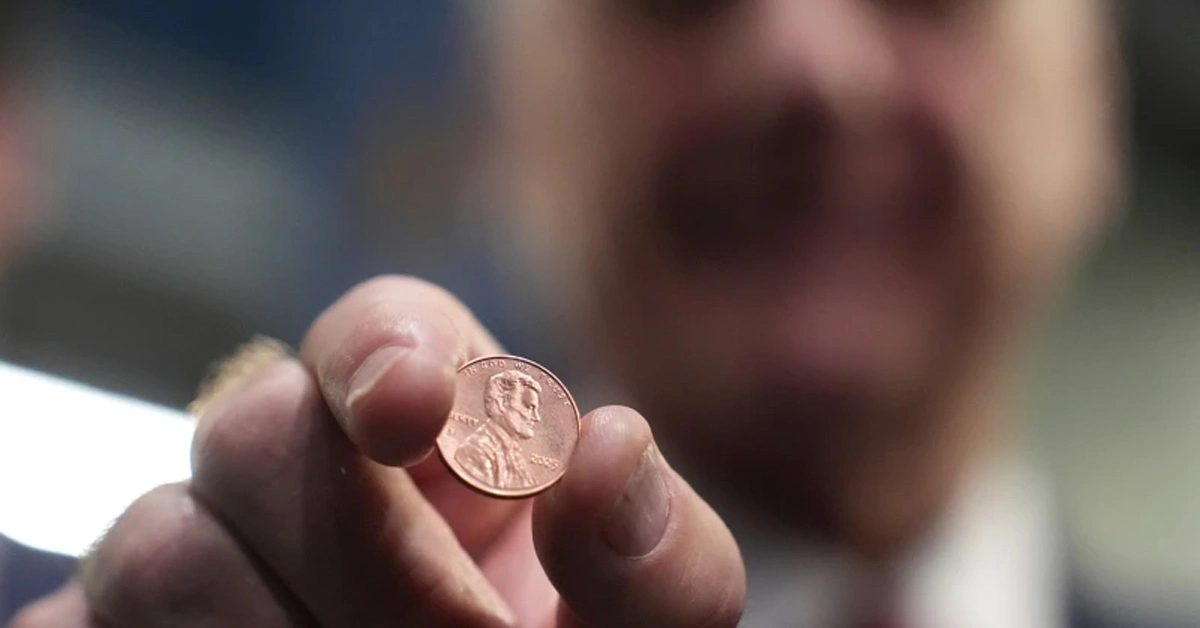On November 12, 2025, the United States Mint struck the last circulating penny at its Philadelphia facility, ending a production run that began in the 1790s. While the penny remains legal tender, this marks the beginning of a shift in cash transactions and change handling nationwide.
The penny has been part of U.S. life for over 230 years, appearing in countless wallets, cash registers, and piggy banks. Its discontinuation reflects both economic and practical considerations in modern commerce.
The penny was discontinued primarily due to cost. Each one-cent coin now costs roughly 3.69 cents to produce, more than triple its face value. The Treasury Department estimates annual savings of $56 million by halting production. Over decades, small coins like the penny have become more expensive to mint than their actual worth, a situation not unique to the United States.
Existing pennies will continue to circulate, but retailers are already feeling the effects. Banks report shortages, and some stores are rounding cash transactions to the nearest five cents. High-volume chains such as McDonald’s, Wendy’s, and Kroger are adjusting cash registers to accommodate the change. In practice, this means some cash transactions may be rounded up or down, while digital payments are unaffected.
For consumers, the impact is most noticeable in everyday cash payments. Loose change in jars may now seem more valuable to collectors than practical use. Rounding practices may affect total bills slightly, but digital and card transactions remain seamless. Some early enthusiasts and collectors are already purchasing the last pennies minted, anticipating them becoming sought-after numismatic items.
The last pennies also hold historical significance. Each coin reflects designs and engravings from different periods in American history, serving as reminders of the country’s monetary evolution and the economy’s gradual shift toward digital solutions.
Looking ahead, cash rounding rules may see official legislation, and the future of other coins like the nickel may be reconsidered, given rising production costs. Experts suggest that over the next few years, the nation may slowly adjust to a cash ecosystem without the penny, with banks, retailers, and consumers learning new routines for change handling. This change underscores the broader shift toward digital transactions and a decreasing need for low-denomination coins.






